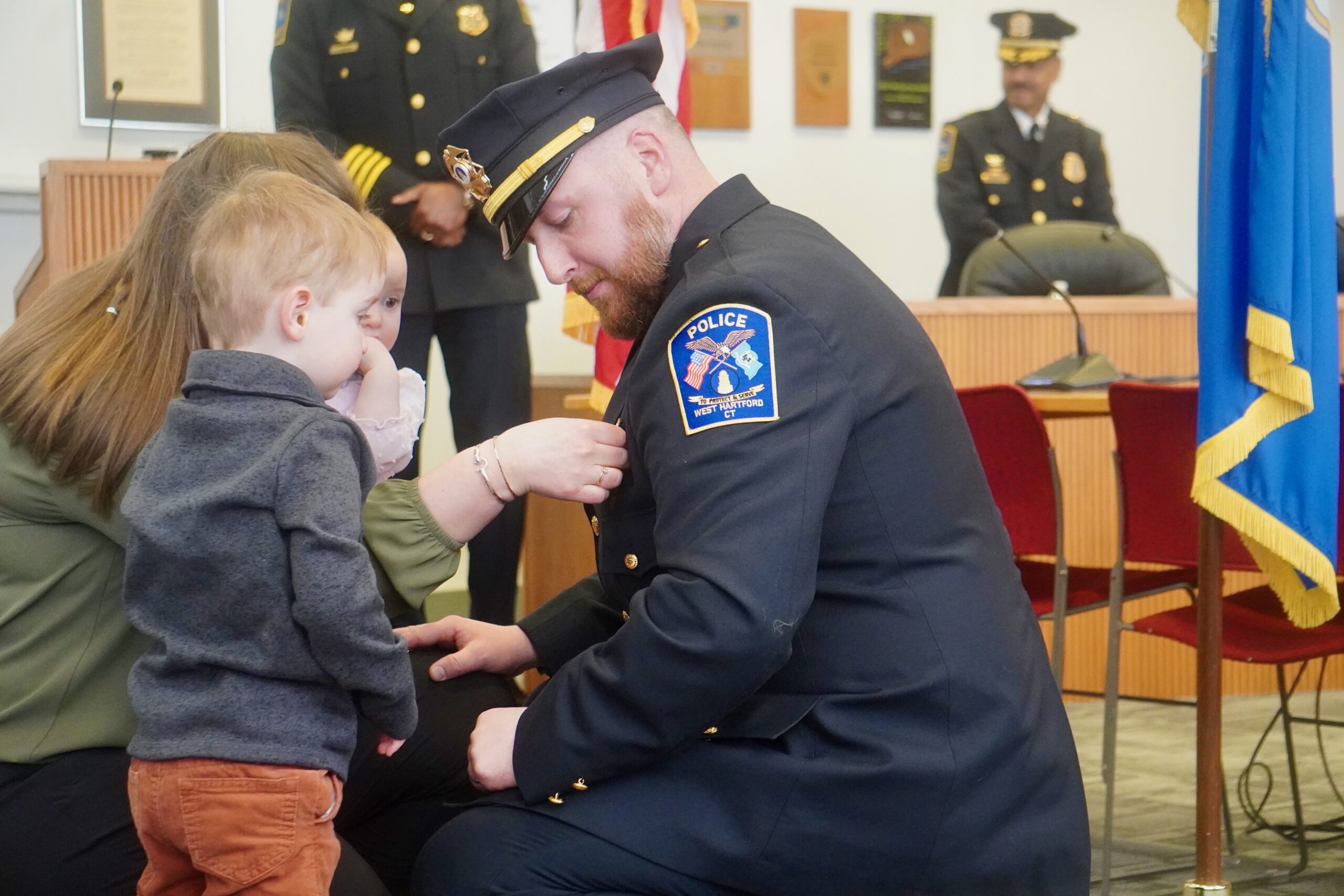Connecticut Officials: You’re Not Alone

Audio By Carbonatix

Screenshot of mental health panel, Nov. 19, 2020.
Mental Health CT President Luis Perez said adults especially need to learn how to identify a mental ailment, as well as if it is affecting their bodies.
By Kristina Vakhman, CTNewsJunkie.com
You are not alone in feeling stressed, anxious and depressed during the coronavirus pandemic. Connecticut’s leaders in mental health want you to know that.
“All of our hearts go out to those who’ve been directly affected by the pandemic, to all who’ve lost family members and friends,” said Dr. Steven Marans of the Yale School of Medicine. “But to those who haven’t, the fear of those losses, of being directly affected, has had an enormous impact for all of us.”
In a panel Thursday morning moderated by Lt. Gov. Susan Bysiewicz, top mental health experts and advocates explored how COVID-19 has contributed to mental illness in the state and how to address the challenges.
Being cooped up at home and distancing from family and friends has undoubtedly inflamed mental health issues. Depression, anxiety and stress are up, and have contributed to an uptick in addiction and substance abuse.
And though suicides have not imploded directly because of COVID-19, suicidal ideation has risen in some groups like college-aged adults.
Connecticut has a wide range of mental health resources, but it’s a matter of first recognizing that you should seek help. Mental Health CT President Luis Perez said adults especially need to learn how to identify a mental ailment, as well as if it is affecting their bodies.
“It’s really important for people to become familiarized with those things,” he emphasized.
This is particularly significant in families with children, as kids are affected by their parents’ mental health. Marans said helping adults better recognize the impact their mental health has on family life is a critical issue.
Alice Forrester, CEO of Clifford Beers in New Haven, echoed that. Scrambling to find daycare and juggling multiple children can become “a bit of a nightmare,” Forrester said, and kids struggling socially because they’re away from friends need their parents’ help.
“This is a whole family problem, not just a child problem,” Forrester said, adding that we need better resources to connect with families whose children haven’t even logged on to online learning once. “We’re currently not finding the kids that are lost.”
People also need to know they can still follow through with their recovery even during a pandemic. Charles Dike, medical director at the Connecticut Department of Mental Health and Addiction Services, said he’s seen more addiction and substance abuse.
“Even before COVID, we were already struggling with opioid overdoses. The crisis has not gone away,” Dike said.
That’s not to say there haven’t, surprisingly, been mental health benefits to COVID-19. Dike noted that the pandemic has expanded mental health resources to be more accessible at home, like telehealth.
Additionally, Forrester said that families are connecting more with each other, with parents learning how their children are learning.
Bysiewicz herself pointed out that she’s seen families in her neighborhood go for walks, cook together and even do vegetable gardening. She also said that she and Gov. Ned Lamont have received good feedback on telehealth from constituents, and are glad to see residents stepping up to help one another even when everyone is apart.
“We are stronger together,” Bysiewicz said. “The governor and I have been so impressed with the generosity and the humanity that the people of Connecticut have shown throughout this.”
For mental health resources, visit Connecticut’s list here.
Republished with permission from CTNewsJunkie.com, all rights reserved.
Like what you see here? Click here to subscribe to We-Ha’s newsletter so you’ll always be in the know about what’s happening in West Hartford! Click the blue button below to become a supporter of We-Ha.com and our efforts to continue producing quality journalism.



